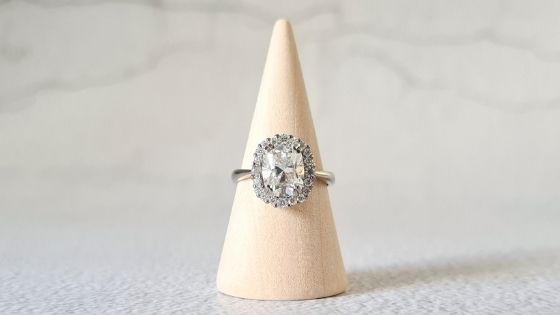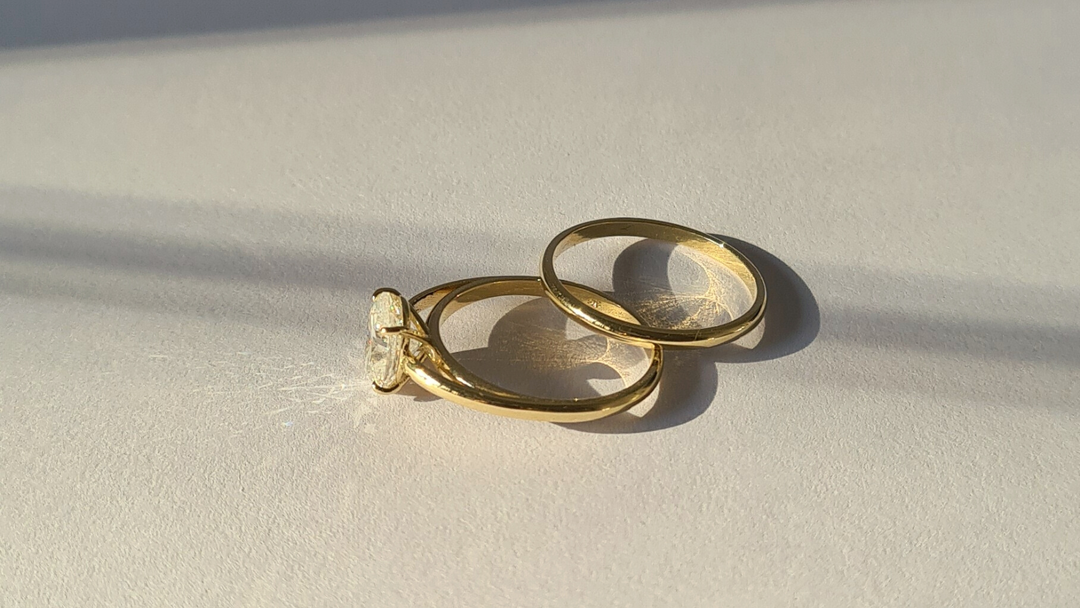When it comes to choosing the perfect gemstone for your engagement ring or fine jewellery, you have many options to consider. Two of the most popular options are diamonds and moissanite. In this blog post, we'll compare the two gems on a variety of key areas to help you make an informed decision.
1. Hardness
Both diamonds and moissanite are hard and durable, but diamonds are the hardest known mineral and rate a 10 on the Mohs scale of mineral hardness. Moissanite rates 9.25 on the Mohs scale, making it second only to diamonds.
2. Sparkling Ability
Both diamonds and moissanite are renowned for their sparkling abilities, but moissanite have a higher refractive index, which means they have a higher amount of internal reflections. This gives them a more sparkling and fire-like appearance.
3. Cost
Diamonds cost significantly more than moissanite, due to their longstanding popularity. Moissanite is more affordable, but still provides the same level of durability, versatility and aesthetic appeal as diamonds.
4. Chemical Resistance
Both diamonds and moissanite are chemically resistant and will not react to household chemicals such as detergents and soaps.
5. Clarity
Moissanite is lab-created, making it a more flawless gemstone than mined diamonds that are formed under uncontrolled conditions, which can result in inclusions and blemishes.
6. Durability
Both diamonds and moissanite are durable and long-lasting, but moissanite are less susceptible to chipping than diamonds that have inclusions (internal flaws) that weaken its structure.
7. Sustainability
Diamonds are often associated with unethical mining practices, while moissanite is lab-created, making it a more sustainable and eco-friendly option.
8. Ease of Care
Both diamonds and moissanite are easy to care for and can be cleaned with soap and water.
Diamonds and moissanite both have their own unique qualities, and the perfect choice depends on your personal preferences, budget, and lifestyle. Both gems are beautiful, durable, and will provide you with a lifetime of sparkle.





